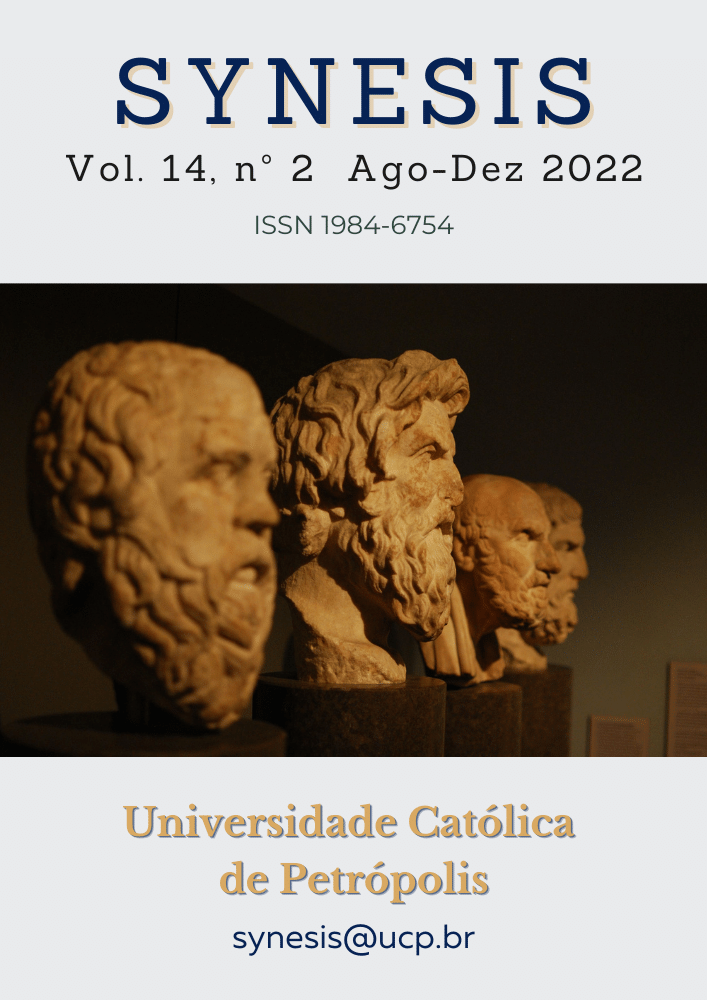Abstract
In the paper, the authors examine the works of the classic of Azerbaijani literature Imadeddin Nasimi (1369-1417) through the prism of the theory of Nikolai Konrad. He stated that the Renaissance as a cultural era originated and developed first in Asian literature and then flourished in Europe. The dominant features of the Renaissance worldview, their manifestation in European and Asian literatures are determined. Nasimi was a prominent apologist for Hurufism, promoted it by literary means, but his work was much broader than the popularization of Hurufite teachings and had a universal significance. Interpretation of Nasimi’s works shows that his glorification of a human being, recognition of godliness, national intentions, creativity in the native Azerbaijani language, along with the ‘book’ language of Farsi, reinforces self-knowledge, synthesis of faith with personal doubts, cult of feelings (love) giving grounds that Nasimi’s work organically fits into the context of Renaissance culture. These features determine the greatness and genius of Imadeddin Nasimi’s poetry.
References
Akhundova, P. (2019). Poetry of eternal truth // Nasimi S. “And I set myself on the path of Truth…”: selected poems. Kyiv: Summit-Book, 11-30.
Braginsky, I. (1966). 12 miniatures. Moscow: Fiction.
Chystiak, D. (2019). In search of living names. In Nasimi S. “And I set myself on the path of Truth…”: selected poems. Kyiv: Summit-Book, 5-10.
Fry, R. (2002). The Legacy of Iran. Moscow: Vostochnaya literature.
History of world literature: in nine volumes. 1985. Volume 3. Moscow: Nauka.
Konrad, N. (1972). West and East: articles. Moscow: Nauka.
Metz, A. (1973. Muslim Renaissance. Moscow: Nauka.
Murivatov, K. (2019). Tajiks - the people of poetry. In The people of Kyrgyzstan in a single family / Ed. V. Narozya. Bishkek, 261–266.
Nalyvaiko, D. (a1998). Through the eyes of the West: the reception of Ukraine in Western Europe XI-XVIII centuries. Kyiv: Osnovy.
Nalyvaiko, D. (b2008). Through the eyes of the West: the reception of Ukraine in Western Europe XI-XVIII centuries. Kyiv: Gramota.
Nalyvaiko, D. (c1998). Commonality and originality: Ukrainian literature in the context of the European literary process. Kyiv: Dnipro.
Nasimi, S. (2019). “And I set myself on the path of Truth…”: selected poems. Kyiv: Summit-Book.
Pamuk, O. (2012). The Black Book. Kharkiv: Folio.
Riftin, B. (1974). Typology and relationships of medieval literature (instead of introduction) // Typology and relationships of medieval literature of East and West. Moscow: Nauka.
Samarin, R. (1974). “... This honest method”: On the history of realism in Western European literature. Moscow: Nauka.
Sufism in Azerbaijan. (2011). [Electronic resource]. - Access mode: https://wayter.wordpress.com/2011/03/26/суфизм-в-азербайджане. - Accessed 03.04.2020.
Zhirmunsky, V. (1979). Alisher Navoi and the problem of the Renaissance in the literature of the East // Comparative Literature. Leningrad: Nauka, 174–185.
Zhirmunsky, V. M. (1979). Comparative Literature: East and West: Selected Works. Leningrad: Nauka, Leningradskoe otdelenie.

This work is licensed under a Creative Commons Attribution-NonCommercial-NoDerivatives 4.0 International License.
Copyright (c) 2022 Synesis (ISSN 1984-6754)

